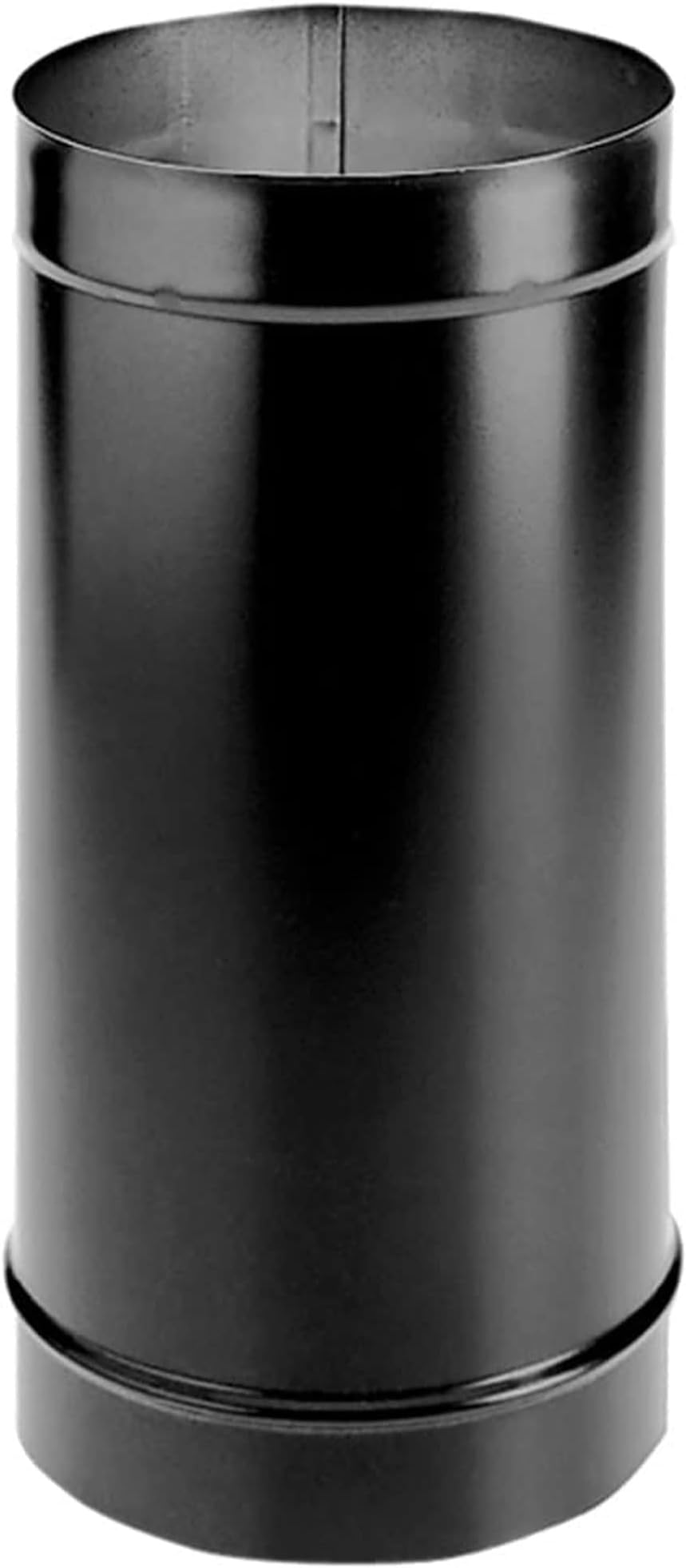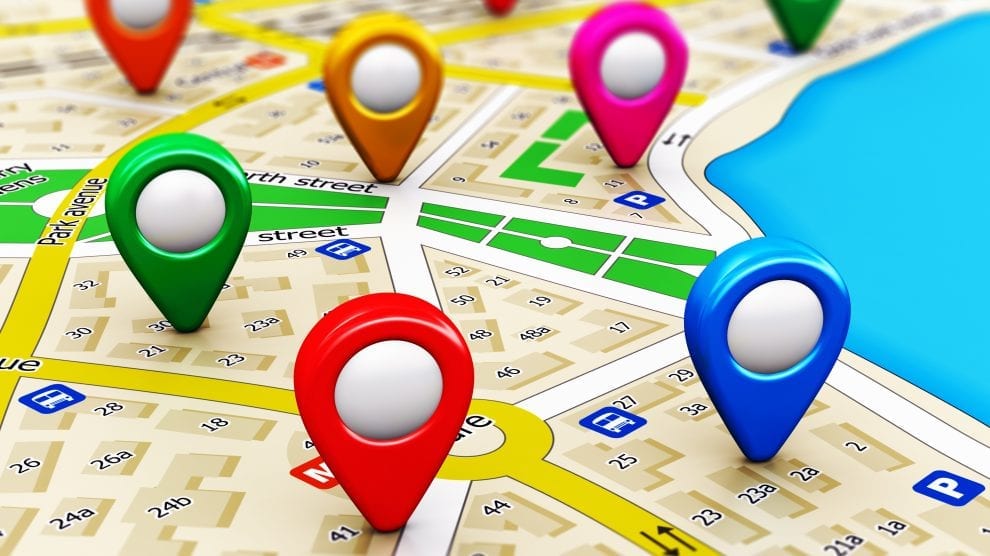We’ve all been there. You’re happily navigating, relying on that little blue dot on your phone or in-car GPS to guide you, when suddenly… nothing. The GPS signal fails. That reassuring voice guiding you to your destination goes silent, leaving you stranded in a sea of unfamiliar streets. But what actually happens when a GPS signal fails, and more importantly, what can you do about it?
Understanding GPS Signal Failure: The Causes

Before we explore the consequences, it’s crucial to understand why GPS signals fail in the first place. The Global Positioning System (GPS) relies on a network of satellites orbiting the Earth. A successful location reading requires a clear line of sight to at least four of these satellites. Anything that obstructs this line of sight can lead to a signal loss. Common culprits include:
- Obstructions: Tall buildings, dense foliage, mountains, and even tunnels can block GPS signals. The more dense the obstruction, the more likely a signal failure.
- Atmospheric interference: Severe weather conditions like heavy rain, snow, or fog can scatter or weaken GPS signals, making it difficult for your device to acquire a lock.
- Ionospheric disturbances: Solar flares and other space weather events can disrupt the signals transmitted from the satellites.
- Receiver issues: Problems with your GPS receiver itself, such as a faulty antenna or internal malfunction, can prevent it from receiving or processing the signals correctly. This is more common with older or less-reliable devices.
- Signal jamming or spoofing: Although less common, deliberate interference with GPS signals (jamming) or the broadcasting of false signals (spoofing) can also cause failures. This is more likely to occur in specific areas or situations.
What Happens When the GPS Signal is Lost?

The immediate effect of a GPS signal failure depends on how you are using it. In a car navigation system, the display will often show an error message and stop providing turn-by-turn directions. Your speed and location may cease to update. On your smartphone, maps apps will likely freeze, and location-based services (like ride-sharing apps) will be unavailable.
However, the consequences can extend beyond simple inconvenience. If you’re relying on GPS for navigation in an unfamiliar area, losing the signal could leave you disoriented and lost. This is particularly dangerous in remote locations or during emergencies. For pilots, mariners, and other professionals who depend on GPS for safety-critical applications, a signal failure can be significantly more serious.
Coping with GPS Signal Failure: Practical Tips

While complete GPS signal failure is sometimes unavoidable, there are steps you can take to mitigate the problem and lessen its impact:
- Plan ahead: Download maps offline before you travel, particularly to remote areas. Many navigation apps offer this feature, providing backup maps even without an active internet connection.
- Multiple navigation methods: Don’t rely solely on GPS. Keep a physical map, consider using a traditional compass, and familiarize yourself with basic navigation skills. Knowing how to interpret road signs and use a map is still a valuable skill.
- Maintain awareness of your surroundings: Even when your GPS is working perfectly, pay attention to your surroundings. This will help you better orient yourself if the signal fails.
- Check your device and signal strength: If you experience intermittent signal loss, try restarting your GPS device or moving to an area with better reception. Make sure there aren’t any physical obstructions blocking the signal.
- Consider alternative technologies: In areas known for poor GPS reception, investigate using alternative positioning systems like GLONASS or Galileo. Some devices support these systems, improving signal reliability.
Preventing Future Signal Failures

While you can’t control the weather or the actions of malicious actors, there are ways to minimize the likelihood of GPS signal failure.
- Keep your GPS device updated: Software updates often include improvements to signal acquisition and processing.
- Use a high-quality GPS receiver: More expensive devices often have more sensitive antennas and better signal processing capabilities.
- Position your device carefully: Avoid placing your GPS receiver near metallic objects or in enclosed spaces that might block signals.
Conclusion: Staying Prepared
GPS signal failure is a common frustration, but it doesn’t have to be a disaster. By understanding the causes, taking precautions, and developing alternative navigation strategies, you can significantly reduce the impact of a lost signal and ensure a smoother journey, regardless of whether your little blue dot is visible.








